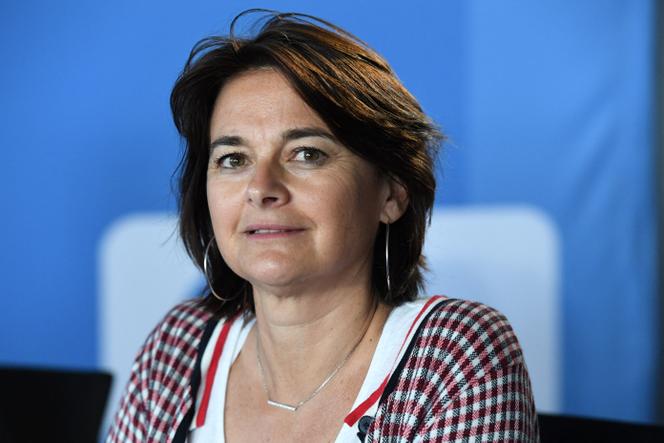Nathalie Sonnac, who holds a PhD in economic sciences and is a professor of information and communication sciences at Paris-Panthéon-Assas University, served as a counselor at the Conseil supérieur de l’audiovisuel (CSA, the predecessor to the Regulatory Authority for Audiovisual and Digital Communication, Arcom) between 2015 and 2021. She explains why the desire, notably expressed by the Rassemblement National party, to privatize public broadcasting channels makes no economic sense.
What explains and justifies the necessity for a democratic state to have public broadcasting?
In Europe, public service values are centered on protecting the public interest, universalism, innovation, and providing free access to information that is independent from government influence (public channels are not state-run channels, as the shareholder does not interfere with programming) and advertising revenue. Across the world, the more prominent public broadcasting is, the stronger the democracy.
It happens that in France, the channels and stations with the largest audiences are those of the public service. That is precisely why I believe we should invest in their funding, strengthen it, and make it sustainable. In a context of post-truth [where falsehood and truth are indistinguishably mixed], this is really not the time to let go of the helm.
